Language plays a crucial role in the proceedings of the United Nations General Assembly (UNGA). With 193 member states, the UNGA is a platform where nations come together to discuss and address global issues. The variety of languages spoken by the representatives is vast, reflecting the multicultural nature of the organization. To ensure effective communication and mutual understanding, language services, including interpretation and translation, are essential.
Six Official Languages of the UN
The United Nations operates with six official languages: English, French, Spanish, Russian, Chinese, and Arabic. These languages are used in all formal meetings, documents and communications within the UN. During General Assembly meetings, speeches made in any of these languages are simultaneously interpreted into the other five, allowing delegates to follow proceedings in their preferred language.
This multilingual approach is more than a logistical necessity; it is a symbol of equality and respect for cultural diversity. By giving each official language equal status, the UN ensures that no nation’s voice is diminished due to language barriers. This fosters an inclusive environment where every country, regardless of its linguistic background, can participate fully in global governance.
Complexity of Interpretation and Translation
Interpreting and translating the proceedings of the UNGA is a highly complex task. The nuances of diplomatic language, the cultural contexts, and the technical nature of many discussions require not just fluency, but also a deep understanding of the subject matter. This is where professional translation services like CT (Certified Translation) play a vital role.
Certified by industry standards, Connected Translations provides accurate and culturally sensitive translations that are critical to maintaining the integrity of international discourse. Their expertise ensures that documents, resolutions and speeches are translated with precision, preserving the intended meaning and tone across languages.
Impact on Global Decision-Making
The effectiveness of UNGA meetings heavily depends on the quality of language services. Misinterpretations or mistranslations could lead to misunderstandings, potentially affecting international relations and decision-making. The precision of translation thus becomes a cornerstone of diplomatic success.
Moreover, the use of multiple languages at the UN reinforces the importance of linguistic diversity in global governance. It highlights the value of each member state’s cultural identity and ensures that global decisions are made with a truly international perspective.
In conclusion, languages are at the heart of the UNGA’s operations, enabling the organization to function as a truly global body. Companies like CT, with their certified translation services, ensure that language continues to be a bridge rather than a barrier in international diplomacy. As the UN faces increasingly complex global challenges, the role of accurate and respectful translation will only become more critical.
Looking for CPA Services in Denver for your small business? for small businesses?
Contact GCK Accounting for personalized support!
Contact Us


